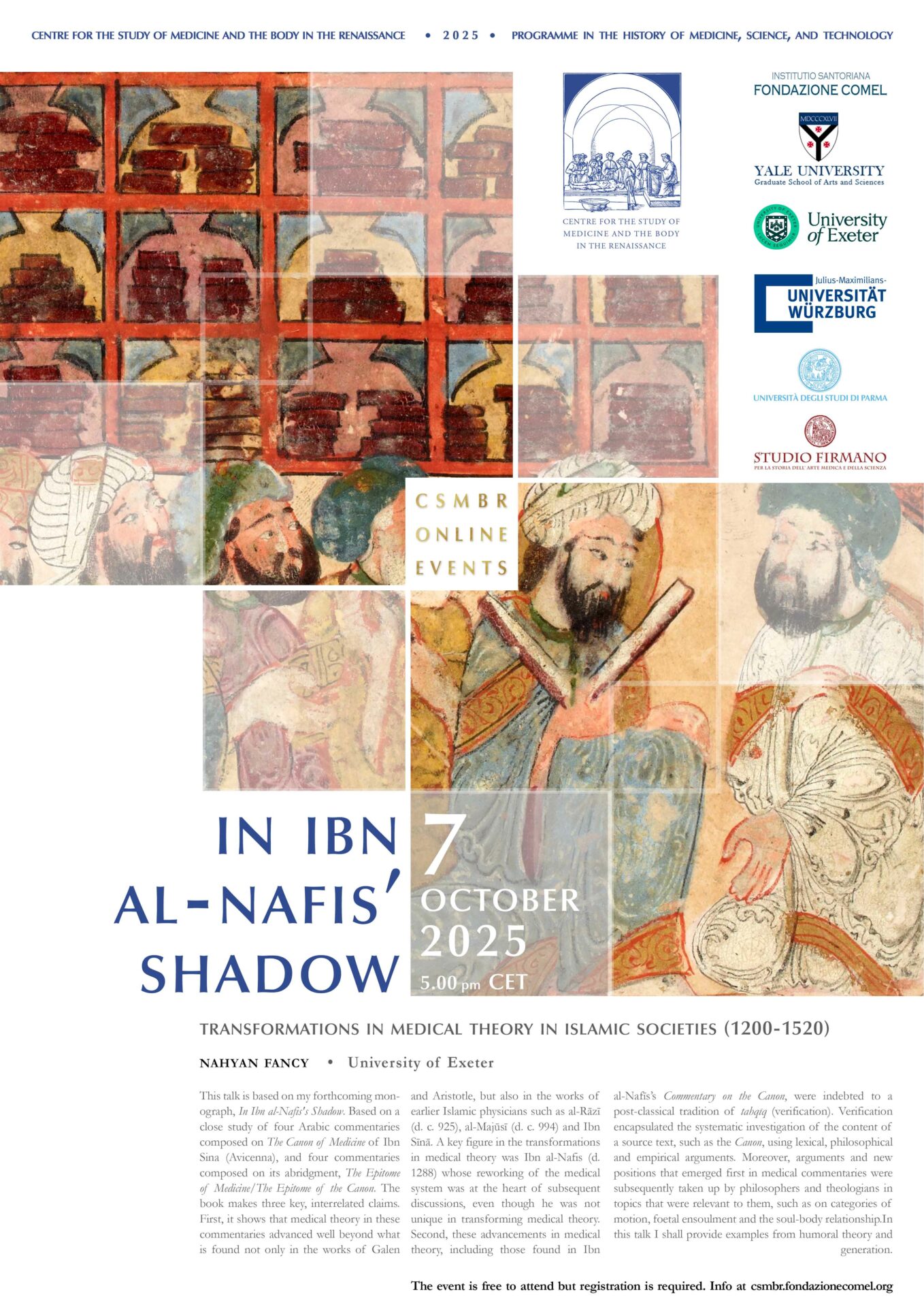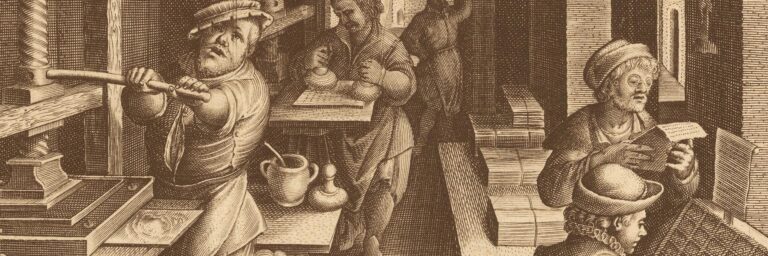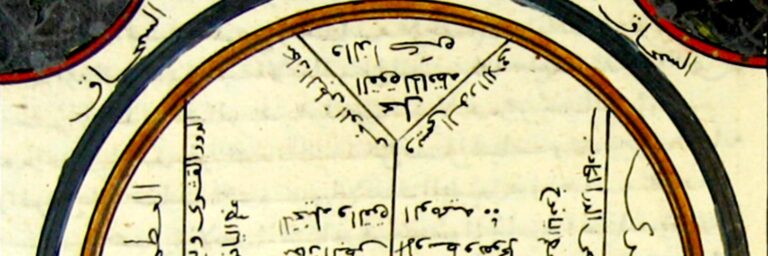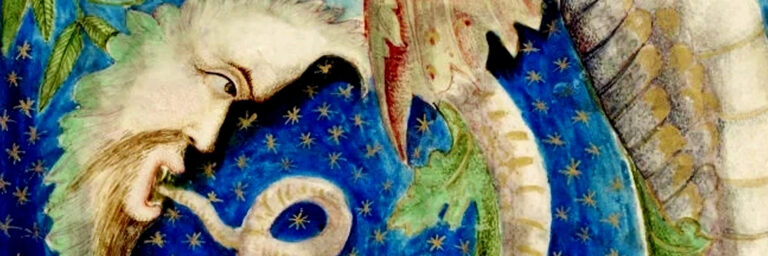In Ibn al-Nafis’ Shadow
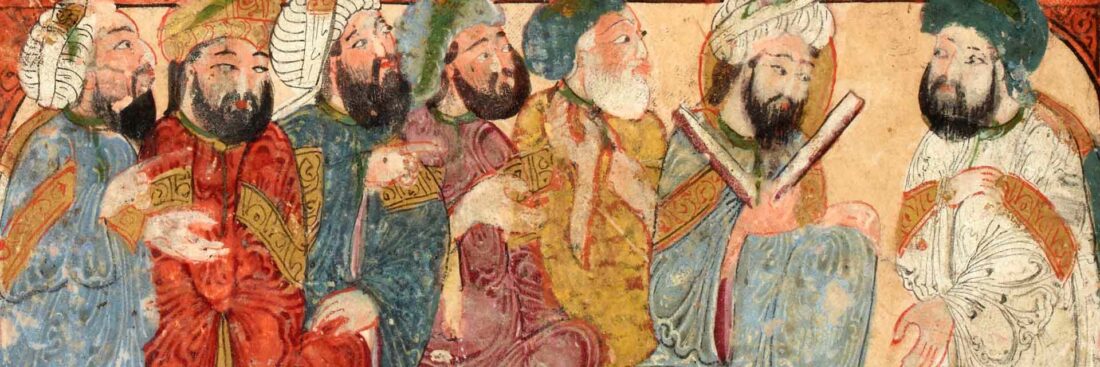
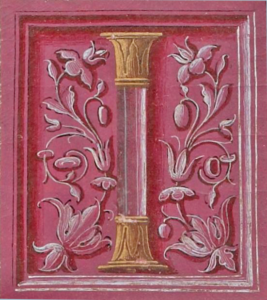
In Ibn al-Nafis' Shadow
Transformations in Medical Theory in Islamic Societies (1200-1520)
Nahyan Fancy
7 October 2025 – 5 PM (CEST)
This talk is based on my forthcoming monograph, In Ibn al-Nafis’s Shadow. Based on a close study of four Arabic commentaries composed on The Canon of Medicine of Ibn Sina (Avicenna), and four commentaries composed on its abridgement, The Epitome of Medicine/The Epitome of the Canon. The book makes three key, interrelated claims.
First, it shows that medical theory in these commentaries advanced well beyond what is found not only in the works of Galen and Aristotle, but also in the works of earlier Islamic physicians such as al-Rāzī (d. c. 925), al-Majūsī (d. c. 994) and Ibn Sīnā. A key figure in the transformations in medical theory was Ibn al-Nafis (d. 1288), whose reworking of the medical system was at the heart of subsequent discussions, even though he was not unique in transforming medical theory.
Second, these advancements in medical theory, including those found in Ibn al-Nafīs’s Commentary on the Canon, were indebted to a post-classical tradition of taḥqīq (verification). Verification encapsulated the systematic investigation of the content of a source text, such as the Canon, using lexical, philosophical and empirical arguments.
Galenic, Aristotelian, Avicennian and other philosophical and medical systems and arguments were carefully assessed, revised and rejected by these commentators. Finally, both the content and the paratextual evidence from manuscripts reveals that philosophy and medicine did not part ways in the post-1200 period.
Practicing, learned physicians continued to be trained in philosophy, much like their pre-1200 counterparts. Moreover, arguments and new positions that emerged first in medical commentaries were subsequently taken up by philosophers and theologians in topics that were relevant to them, such as on categories of motion, foetal ensoulment and the soul-body relationship.
In this talk I shall provide examples from humoral theory and generation.
About the Speaker ...
Nahyan Fancy is Al‑Qasimi Professor of Islamic Studies at the Institute of Arab and Islamic Studies, University of Exeter.
As an historian of science and medicine, his work focuses on Islamic societies between 1000 and 1500, with particular attention to the intersections of science, medicine, philosophy, and religion in Arabic and Persian texts. He received a BA in Mathematics and Biochemistry from Knox College, an MA in History and Philosophy of Science from the University of Toronto, and a PhD from the University of Notre Dame, where he wrote on Ibn al-Nafis and the pulmonary transit of blood. His current projects examine Arabic commentaries on Avicenna’s Canon of Medicine, as well as medieval Islamic conceptions of plague, sleep, and fetal generation.



